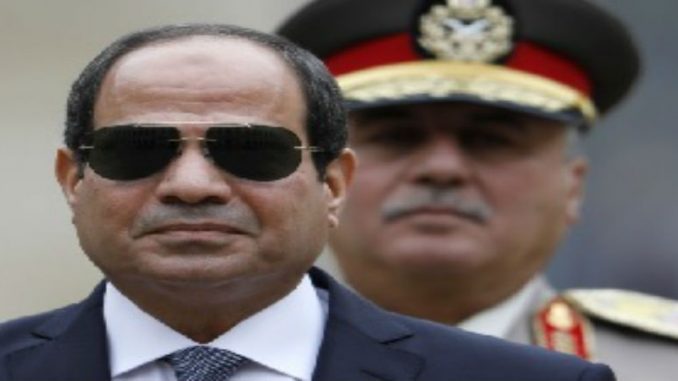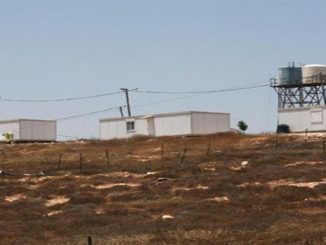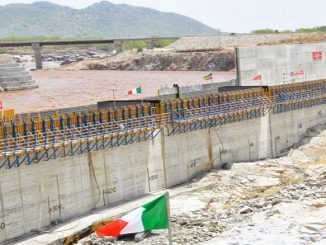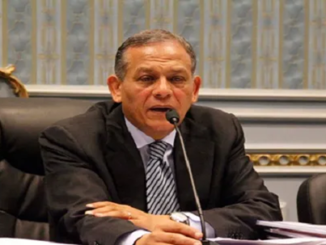
Egypt’s Abdel-Fattah Al-Sisi urged citizens on Saturday to further endure economic reforms and austerity measures, including a recent wave of steep price hikes on fuel, electricity and drinking water
His televised address comes on the fifth anniversary of the June 30 mass protests that triggered the military ouster of democratically elected President Mohammed Morsi following his only yearlong rule and later brought Sisi to power.
Sisi said the alleged reforms, which began after he took office in 2014, have put Egypt on “the right track” and urged citizens to “feel proud” of what the country has achieved so far in terms of security, its fight against terrorism and the economy.
Sisi referred specifically to the economic growth rate increase to 5.4 percent and the hike in Egypt’s foreign reserves to $44 billion. He said the reforms will spur economic growth by over seven percent in the coming years. “This will change the reality of life in all of Egypt,” he added.
Sisi’s “reforms” and austerity measures have hit poor and middle-class Egyptians especially hard and fanned popular discontent. Over the past weeks, Egyptians have posted thousands of tweets to voice frustration with the government and it latest measures, especially the latest wave of price hikes. One popular hashtag called on Sisi to resign.
The measures, which included slashing subsidies, imposing taxes and the floating the currency, were taken to qualify for a three-year $12-billion bailout loan from the International Monetary Fund to support the country’s economic recovery from a costly 2011 uprising.
On Friday, the IMF approved its latest disbursement of the loan of $2 billion bringing the total amount disbursed so far to $8 billion since Egypt secured the loan in 2016.
During his Saturday speech, Sisi acknowledged that the reforms were hard to endure but maintained that they were long overdue and had become “imperative.”
“The path of real reform is difficult and cruel and causes a lot of suffering,” he said. “But there is no doubt that the suffering resulting from the lack of reform is much worse.”
Sisi also praised the efforts of security forces to stem the Islamic militancy which surged since Morsi’s 2013 ouster. The violence has been concentrated in the northern region of the Sinai Peninsula but has also spread to the country’s mainland.
In February, Egypt launched a massive security campaign mainly in the Sinai but also in parts of Egypt’s Nile Delta and the western desert, along the porous border with Libya.



